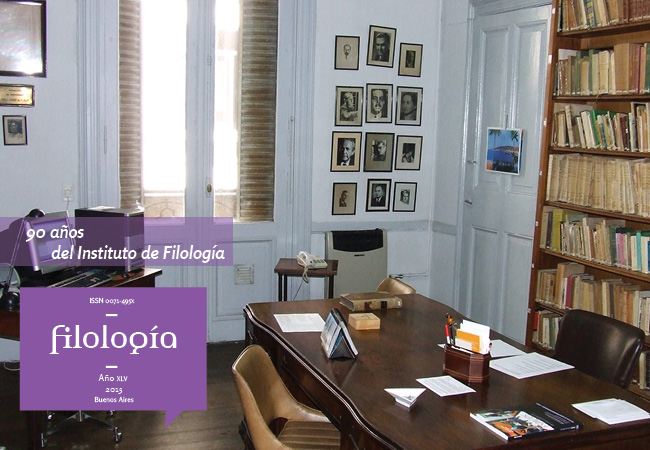El ocio y el tiempo libre en un comienzo clásico: el diferendo Borges-Arlt
Keywords:
leisure, hobbys, walk, watch, landscape
Abstract
The article intends to address one aspect of the 1920s and a counterpoint between Borges and Arlt, start certainly arbitrary but significant because it condenses aspects that we need to recover. Borges invents something difficult to achieve in the literature, different eyes, change which manifests itself in a new interest in spaces which are sometimes called landscape, which is also a way of conceiving the picturesque where combine graceful and simple rusticity and delight by the small, building a landscape that was literature because it is equipped with a certain aura that, as Benjamin would say, can not be reduced to a pure and simple fascination Phenomenology, but is rather a look done by time. For its part, the work of Roberto Arlt was a great transformation not by counting the garbage of the bourgeois work, humiliation, routines and miseries of small employees landscape that was literature because it is equipped with a certain aura that, as Benjamin would say, can not be reduced to a pure and simple fascination Phenomenology, but is rather a look done by time. For its part, the work of Roberto Arlt was a great transformation not by counting the garbage of the bourgeois work, humiliation, routines and miseries of small employees more dimly than all of this, through leisure, the taste for not working, the stronger representation of the work crisis, at the end of the work and the output of the world of work.Downloads
Download data is not yet available.
How to Cite
Zubieta, A. M. (1). El ocio y el tiempo libre en un comienzo clásico: el diferendo Borges-Arlt. Filología, (45), 69-86. Retrieved from http://revistascientificas.filo.uba.ar/index.php/filologia/article/view/1122
Issue
Section
Artículos













